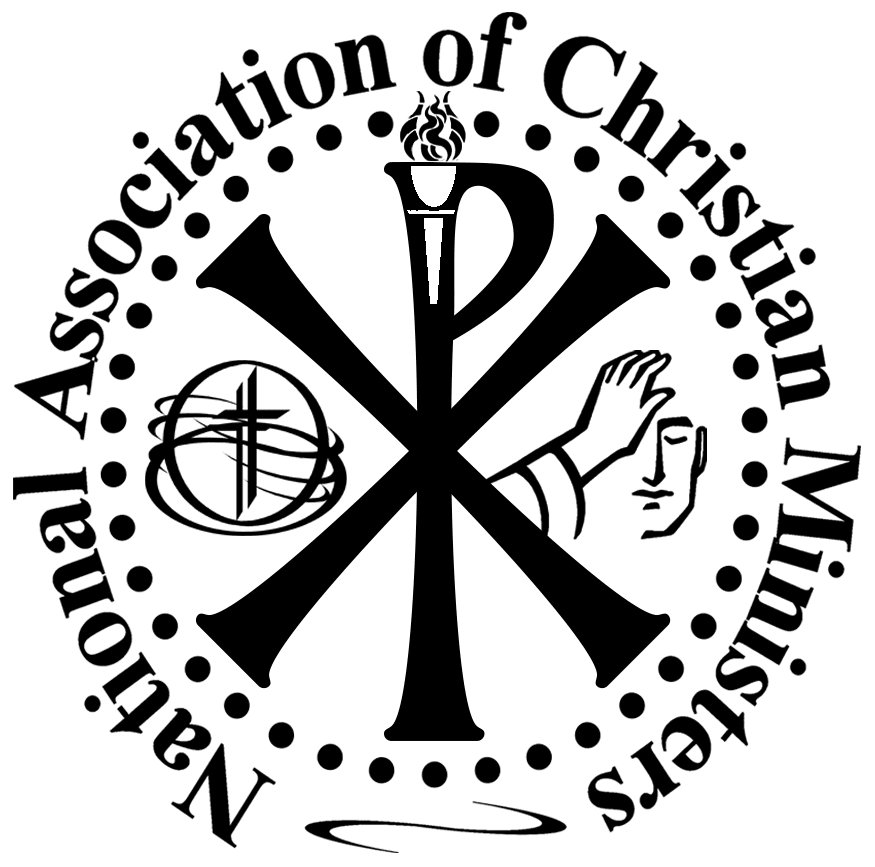
National Association of Christian Ministers Summary Series: Theology
The Festival or Feast of Trumpets, also known as Rosh Hashanah, is one of the major festivals or holy convocations mentioned in the Old Testament. It is described in the book of Leviticus (Leviticus 23:23-25) and other related passages. Here is an overview of the Feast of Trumpets as outlined in the Old Testament:
1. Timing: The Feast of Trumpets falls on the first day of the seventh month of the Hebrew calendar, Tishrei (September/October). It is observed for one day and marks the beginning of the Jewish civil year.
2. Blowing of Trumpets: The central element of this feast is the sounding of trumpets or shofars (ram’s horns). It is a day of blowing the shofar, announcing the beginning of the new year and calling the people to gather and prepare for the upcoming sacred days.
3. Sacred Assembly and Rest: The Feast of Trumpets is a holy convocation, a day of rest, and a time for the people of Israel to come together for worship. It is a time of introspection, self-reflection, and spiritual preparation.
4. Sacrifices and Offerings: The Old Testament describes the offering of various sacrifices and offerings during the Feast of Trumpets, including burnt offerings, grain offerings, and drink offerings.
5. Themes and Significance: The Feast of Trumpets has several themes and symbolic meanings associated with it. It serves as a reminder of God’s kingship and sovereignty, a call to repentance and reflection, and a preparation for the upcoming Days of Atonement (Yom Kippur) and the Feast of Tabernacles (Sukkot).
6. Later Developments: In later Jewish tradition, Rosh Hashanah came to be associated with the New Year and the concept of judgment. It became a time of personal and communal reflection, repentance, and seeking forgiveness for sins.
The Feast of Trumpets holds significance as a sacred day of remembrance, worship, and preparation for the upcoming holy days in the Jewish calendar. It carries themes of renewal, repentance, and the recognition of God’s sovereignty as the new year begins.




